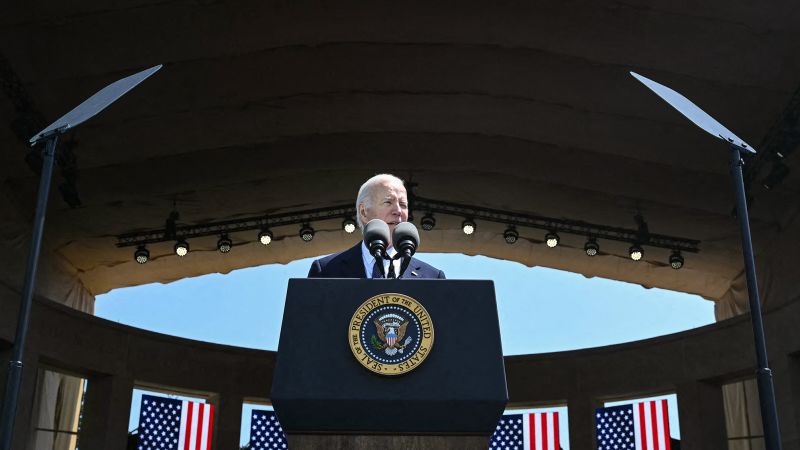This week marked the 80th anniversary of D-Day, the historic invasion that signaled the decline of fascist power in Europe. However, former President Donald Trump’s recent conviction for falsifying business records has led to him accusing Americans of living in a “fascist state,” as he continues to promote baseless conspiracy theories about President Joe Biden orchestrating his legal troubles in Manhattan.
While academics and experts had previously debated whether Trump’s leadership style resembled fascism, the events of January 6th at the US Capitol prompted a shift in perception. With Trump’s loyal supporters dismissing other contenders for the Republican presidential nomination, his campaign language and rhetoric have drawn comparisons to fascist propaganda.
Trump’s promises to target political opponents, dismantle civil service, and use the Justice Department for personal vendettas have raised concerns about authoritarian tendencies. Despite attempts to deflect questions about seeking retribution through government agencies, Trump has left the door open for reprisals against Biden.
Notably, the comparison between the current political climate and historical fascism extends beyond Trump. Figures like Sen. Mitch McConnell have warned against repeating mistakes of the past, highlighting shifts in US foreign policy under Trump’s influence. The discussion of fascism in America, while a complex and contentious topic, is compelling scholars and lawmakers to consider the implications of our current political landscape.
As politicians like Sen. McConnell reflect on the lessons of history, the conversation around fascism in America continues to evolve, sparking debates about ideological divides, regional politics, and the enduring legacy of Trumpism.











